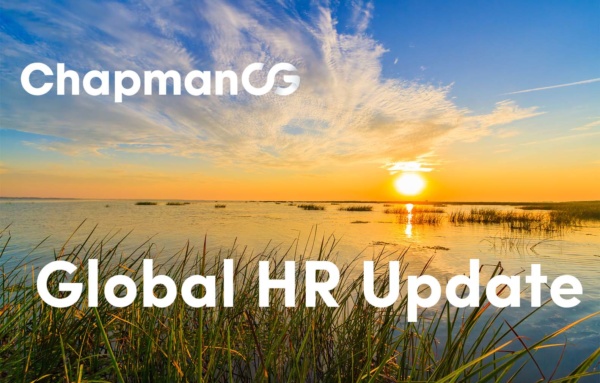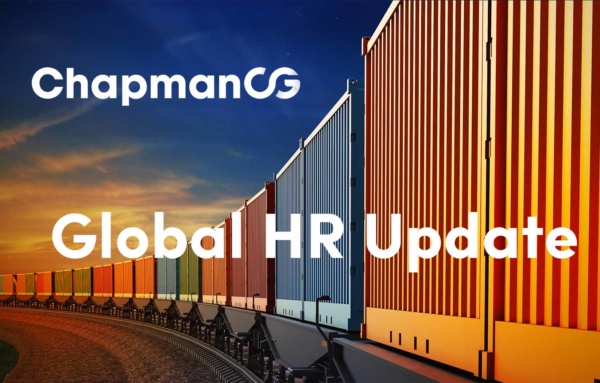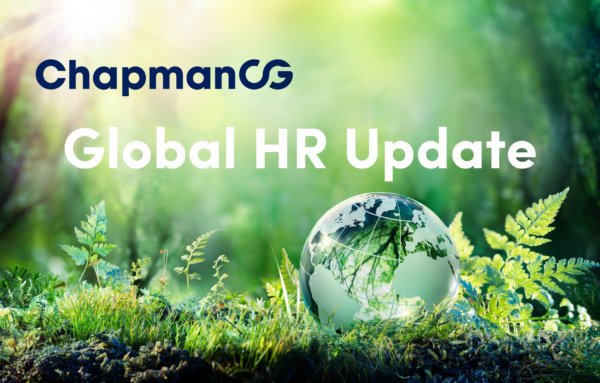The week of March 23rd saw ChapmanCG co-hosting four roundtable sessions in Shanghai with SAP, Hewlett-Packard, Dow Chemical, and Johnson & Johnson, as part of our HR Leaders’ series of networking sessions. We brought together a total of around eighty HR professionals from various industries and organisations including ABB, Bayer, BP, Bristol-Myers Squibb, Deutsche Bank, EMC, Ferrero, GE, Honeywell, IBM, Intel, Johnson Controls, JP Morgan, L’Oreal, Newell Rubbermaid, PayPal, PPG Industries, Sanofi, Standard Chartered Bank, SunGard, Thermo Fisher Scientific, Volvo, Walmart, Whirlpool, and many others. The theme for the discussions was ‘Innovations in Global HR’ and new practices, successful experiments and even noble failures were shared among the HR professionals present. The areas discussed spanned Talent Acquisition, HR systems, Talent Management and even the broad topic of global transformation. Below is a summary of the key points raised in these valuable sessions.

The Shift Toward Global Operating Models
While many organisations have historically operated under a highly decentralised model, we are seeing large numbers now moving to regionally, or even sometimes globally, centralised direction. Setting up regional service centres and global Centres of Excellences (for overall HR functions and specifically for Talent Acquisition) has been the most recent HR transformation in many companies. While improving productivity and saving costs are typically the underlying motivations for these changes, organisations are starting to realise, through success or failure, that ‘customer experience’ is another key factor to consider in the design and implementation of these new models. Centralising the recruitment coordination work to a low-cost country, for instance, may not always work for the high-volume entry-level hires, purely due to language barriers or time zone differences.
New HR Systems in the Mobile Internet Era
If we accept that the primary aim of the first generation HR systems was recording and documentation, and the second generation focused on HR automation, we have now entered the third generation. Mobile access, more powerful data analysis and business intelligence capability are all key features of these new systems. Many organisations are now playing catch-up but they are looking to achieve more in-depth results and faster. The expectation is no longer simply the ability to answer questions as straightforward as the total number of employees should be – which some of the bigger multinational and multi-business organisations are still struggling to answer. Today’s expectation is to evolve from purely reporting data, to becoming predictive in the analysis. Attendees agreed that it is important to realise that a powerful system does not guarantee anything, but rather good results rely on accurate input.
Employee Engagement Innovations for the Multi-Generational Workforce
We are all familiar with Generation X and Y, but if you have not heard about Generation C, you soon will. This group is not defined by a chronological age, but they are digital natives who are exceptionally tech-savvy, and they are often content creators for social media. As Generation Y becomes the largest component of the workforce, and Generation C also starts to enter, organisations today must deal with a mix of four to five different generations. Understanding the motivations of the younger employees and using communication platforms that they are active on, are both very important when engaging this generation. Reverse mentoring, although a culturally sensitive term in some circles, is now happening in many organisations (either formally or informally), and has proven successful in bridging these generation gaps.

The China Market is Unique
As China continues to be a strategic growth market for many businesses, it is exciting to see innovations going both ways: top-down from the global headquarters, and also sometimes bottom-up from the local market. Several organisations shared successful experiences piloting transformation projects in China, or rolling out initiatives that had originated in China, globally. The voice of the China market is getting stronger in the design and feasibility stages, and local operations in China are also given more room to tailor and fit the unique cultural and economic features of this market when it comes to execution. The China HR community is also very creative in leveraging new technologies. One example is the use of mobile applications (Wechat or other tailored apps) in employee communications and engagement, and the China HR community is probably further ahead than most other markets in this respect.
Many thanks go to our co-hosts for four very successful events. As Julie Lam, Talent Acquisition Lead, North Asia at PayPal put it, HR professionals from different industries were able to, “lift our heads up from the day-to-day work, look around and understand what is going on outside of my organisation and industry.” David Lim, Regional Head of People, Eastern Hemisphere at Walmart, also commented, “I have attended a lot of HR roundtables and seminars over the years. ChapmanCG’s HR Leaders roundtable discussion forum stands out to be extremely practical, providing a platform where it is easy to interact and network with other like-minded HR Leaders across different industries. The recent forum on HR Innovation conducted by Dow Chemical and facilitated by ChapmanCG enhanced my knowledge on this subject and also enabled me to apply the learning at my workplace. The case study discussed was also very practical and useful, and it was a great experience of a thought leadership discussion.”
Ben Davies, Managing Director of the Chapman Consulting Group, joined the sessions, together with Katherine Qu. Katherine Qu is a Director, splitting her time between China and Singapore, with a strong focus on the China market.
Key Contributors:
 Andrea Merrigan
Andrea Merrigan Orelia Chan
Orelia Chan Stanislav Medvedev
Stanislav Medvedev Fleur Daniell
Fleur Daniell Finian Toh
Finian Toh Tim Rayner
Tim Rayner Nicola Hasling
Nicola Hasling Stefanie Cross-Wilson
Stefanie Cross-Wilson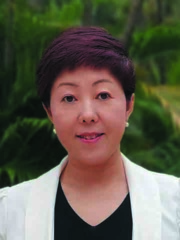
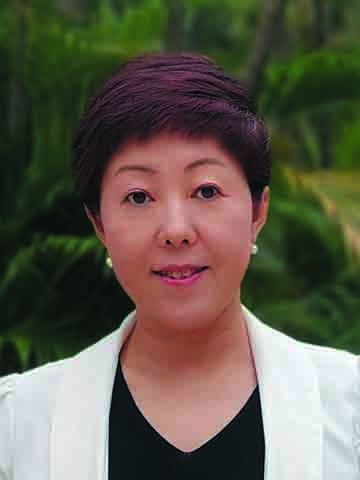
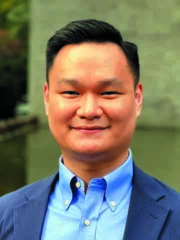 Kalkin Cao
Kalkin Cao Steve Brown
Steve Brown Lorraine Hwang
Lorraine Hwang Elaine Khoo
Elaine Khoo